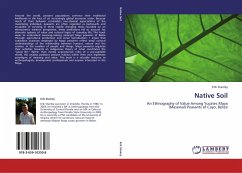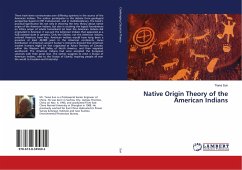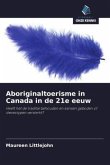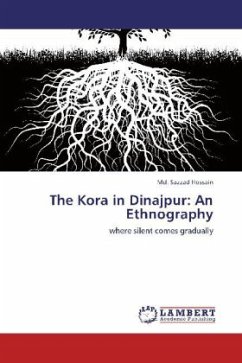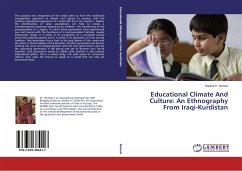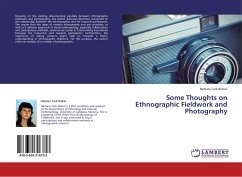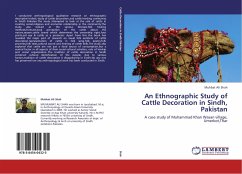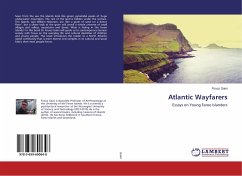Around the world, peasant populations continue their traditional livelihoods in the face of an increasingly global economic order. Because much of their behavior contradicts neo-classical expectations of the maximizing individual, peasants are often regarded as backwards and incapable of surviving in these rapidly changing times. Founded on an ethnocentric western perspective, these predictions fail to account for alternate systems of value and cultural logics of everyday life. This book seeks to understand meaning-making amongst Maya peasants of Belize through agricultural production and social reproduction. I argue that cultivation practices employed by Maya peasants reflect deep cultural understandings of the relationship between humans, nature and the cosmos. In the creation of people and things, Maya peasants organize their activities towards an indigenous theory of what constitutes the good life. Rather than merely unproductive relics of a pre-capitalist world, this analysis positions peasant habitus within their own legitimate paradigms of meaning and value. This book is a valuable resource to anthropologists, development professionals and anyone interested in the Maya.
Bitte wählen Sie Ihr Anliegen aus.
Rechnungen
Retourenschein anfordern
Bestellstatus
Storno

